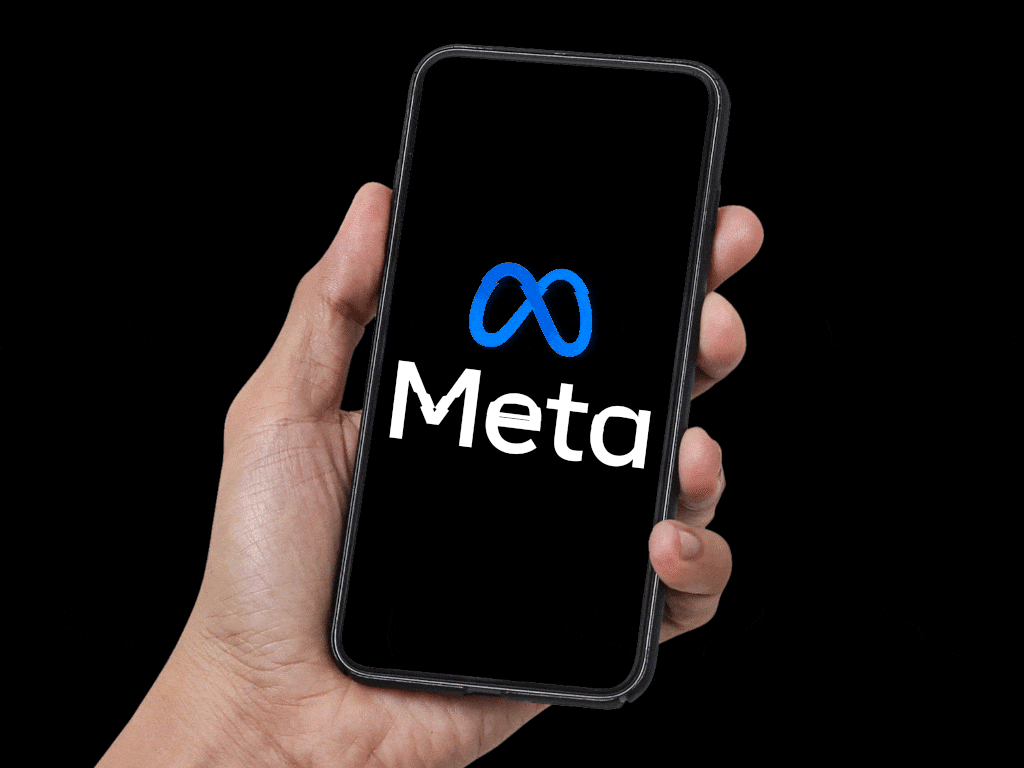YouTube prioritises news to combat misinformation, while Meta turns it off
The Google-owned video sharing platform is prioritising content from media outlets to combat misinformation ahead of major global elections, while Meta dumps its news tab.
YouTube is removing “thousands and thousands” of accounts each day as it combats misinformation in what is the biggest election year in history, according to Google-owned cybersecurity firm Mandiant.
Social media is one of the primary tools that foreign agents are using in an attempt to influence elections, with polls scheduled in the US, UK, EU, India and other democracies in coming months.
As it removes “harmful” content, YouTube – which Google acquired for $US1.65bn ($2.53bn) in 2006 – is prioritising videos from “authoritative” sources, such as media companies as it attempts to strike the balance between halting misinformation, while not stifling free speech ahead of the elections.
It is a different approach to Facebook owner Meta, which this month removed its news tab in Australia after abandoning media content deals worth about $70m a year, sparking fears its platform will become a hotbed for fake news.

It comes as Sandra Joyce, who oversees global intelligence at Mandiant, said the firm had identified a group in China that was seeking to interfere with the US presidential race.
“What is concerning to me is that this is a group that started out with the Hong Kong protesters and trying to discredit them and now they graduated to over 30 different platforms,” Ms Joyce said at Google Cloud’s annual conference in Las Vegas.
“We have not attributed it to the Chinese government, but we have been looking at videos that they have been putting out that YouTube has taken down and they are aimed at attacking the idea of democracy.”
Ms Joyce said YouTube was taking down “thousands and thousands” of accounts each day in an effort to quash fake news and disinformation.
YouTube reassessed its misinformation policy – which it launched in 2020 and initially focused on the integrity of past US elections – last year.
It is adopting a more nuanced approach to video removals and is mindful of protecting free speech.
“In the current environment, we find that while removing this content does curb some misinformation, it could also have the unintended effect of curtailing political speech without meaningfully reducing the risk of violence or other real-world harm,” YouTube said when it revised its policy.
YouTube said it was prioritising content from media companies, which it says produce the most viewed and recommended election videos.
“We are ensuring that when people come to YouTube looking for news and information about elections, they see content from authoritative sources prominently in search and recommendations. For example, following the 2020 US election, we found that videos from authoritative sources like news outlets represented the most viewed and most recommended election videos.
“YouTube has long been a platform for political discussion and debate. We believe voters should hear all sides of a candidate’s platform so they can make informed decisions, even when those views may be controversial or questionable. It’s why, when it comes to political speech on YouTube, we take extra consideration for content with educational or documentary value, such as news coverage.”
But Meta – which owns Facebook, Instagram and WhatsApp – removed its news tab in Australia this month and last August blocked all news in Canada, after Ottawa introduced a similar law to Australia’s media bargaining code that forces social media companies to pay news outlets for content.
Meta’s decision to block news in Canada resulted in a spike in the spread of disinformation and misinformation on its platform there.
While Australians can still see news content on Facebook for now, via shared articles, Meta has refused to rule out deploying a blanket news ban on the platform here, as it has done in Canada.
Communications Minister Michelle Rowland has since held talks with Canadian Heritage Minister Pascale St-Onge, who has accused Meta of being “reckless”.
“Without fact-based news, Facebook is just leaving room for misinformation during need-to-know situations like wildfires, emergencies, local elections and other critical times for people to make decisions on matters that affect them,” Ms St-Onge told The Australian this week.
While Meta is refusing to pay for news, Google has agreed to contribute $100m per year, indexed to inflation, to support news sustainability in Canada.
It’s understood Google is still negotiating the renewal of payment-for-news deals with various news companies in other countries, including Australia.
The author travelled to Las Vegas as a guest of Google Cloud.






To join the conversation, please log in. Don't have an account? Register
Join the conversation, you are commenting as Logout